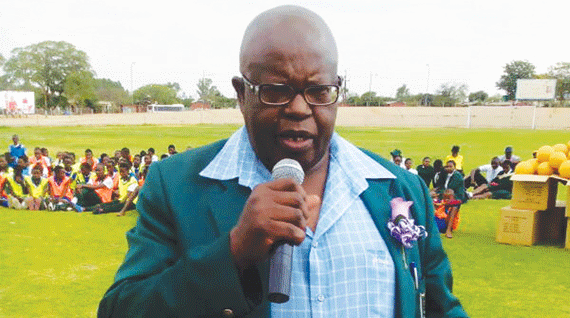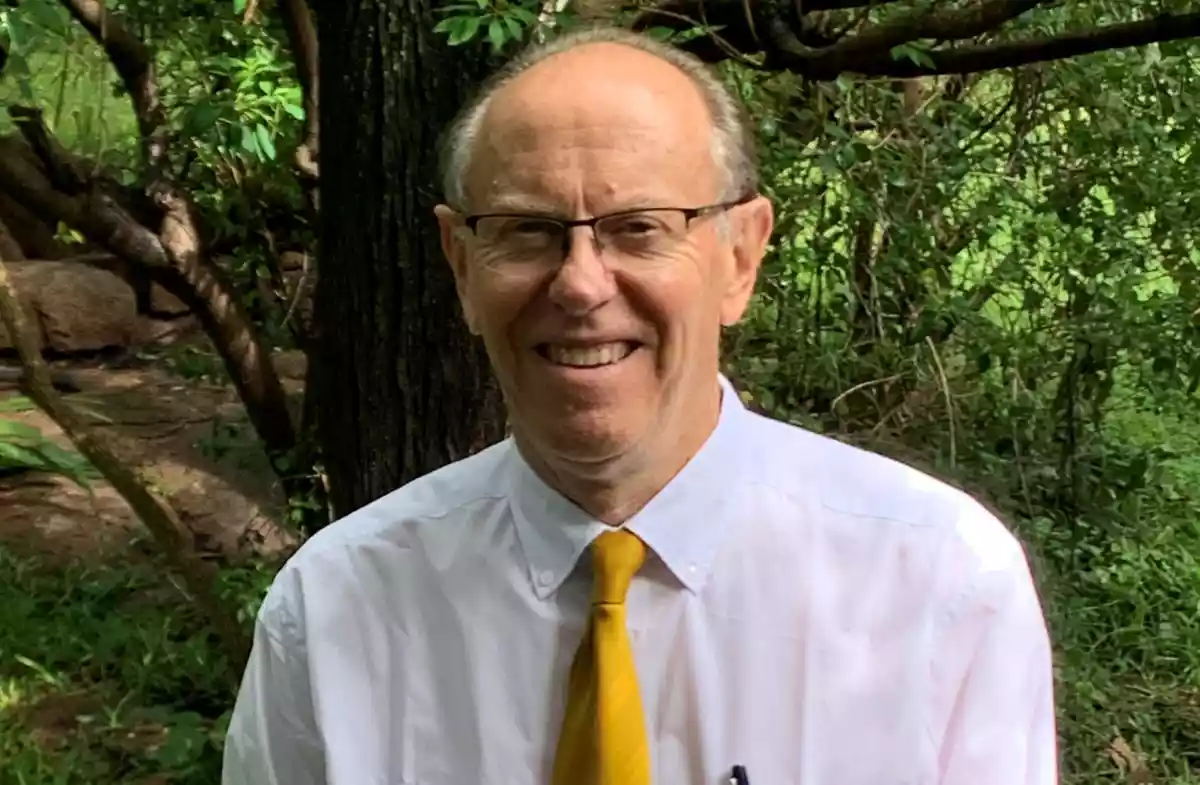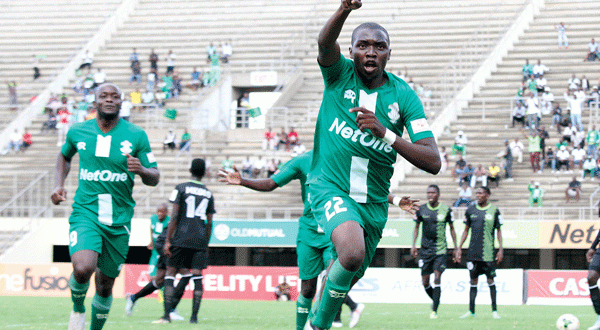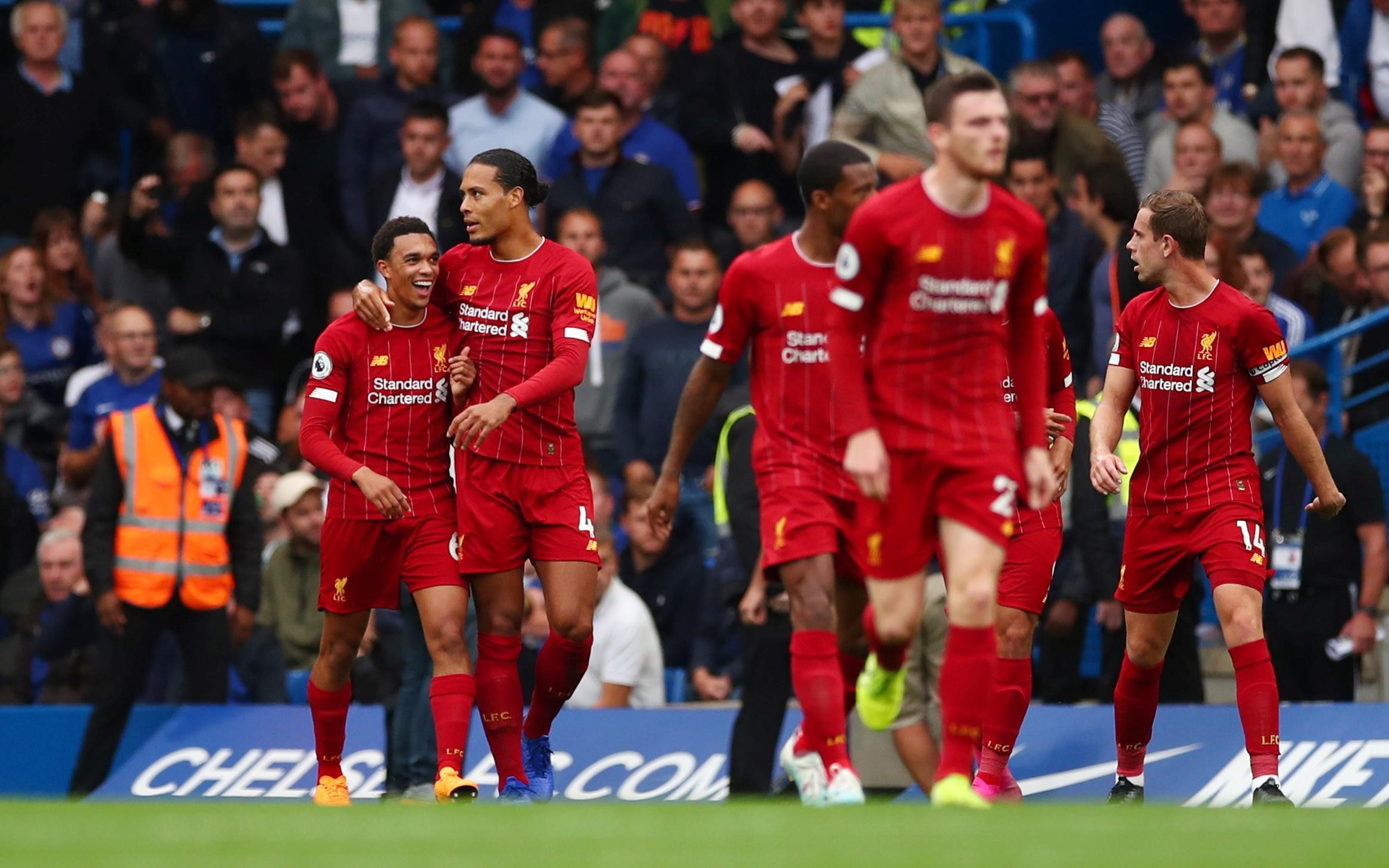
WITH under a week to go before 2013 ends, the sporting fraternity says their biggest challenge in running their different sporting disciplines has been finance.
Sukoluhle Mthethwa Sports Reporter
Southern Eye Sport yesterday spoke to various sporting associations to find out the challenges they encountered during the year.
- Veteran boxing coach Philip “Striker” Ndlovu said 2013 was one of the toughest years.
“To us this has been our worst year in the sport. The coming in of the new board was meant to make things better and correct the mistakes that the previous board had made, but it has been the exact opposite as it has worsened things.
“Previously we could send boxers to Namibia so that they could at least be active, but the new board has stipulated that they will not clear any boxer who has less than 10 fights. You find that there is no boxing in the country, so how are the boxers going to get the required number of fights for them to be eligible to be cleared for international fights?” he said.
He gave an example of professional boxer Takudzwa Kuchocha who travelled with him to fight in Namibia, but the board refused to clear him when he was already in that country.
“A requirement of 10 fights is too much because you look at the fact that our last professional tournament in Bulawayo was in June 2011 and before that the last one had been in 2005. The board must reach a compromise on that and we are still appealing to the corporate world to provide assistance,” he said.
- Chairman of the Zimbabwe Squash Association and vice-president of Squash Federation of Africa, Lucky Mlilo, cited financial woes as the major problem in the sport.
“The biggest challenge we face is that we do not get even a single cent from the government. We have major competitions like the World Cup, junior and seniors All-Africa Games, but the government does not support us.
- Chamisa under fire over US$120K donation
- Mavhunga puts DeMbare into Chibuku quarterfinals
- Pension funds bet on Cabora Bassa oilfields
- Councils defy govt fire tender directive
Keep Reading
“The subscriptions from clubs do not help much because we need money to pay Federation of African Squash and World Squash Federation, but we do not have any money in our coffers. When we go for various competitions we have to look for our own money. Maybe we do not get support because we are a minority sport,” he said.
- Harry Allen public relations manager Moses Mlalazi said water problems had been their biggest challenge.
“We do not have finances to run the courses, but our biggest problem is water. Golfers want to play on the greens not a golf course where you find soil on the course,” he said.
- Zifa vice-president Ndumiso Gumede said:
“The biggest problem we have faced is that we are broke. That is why we failed to send our junior teams out of the country twice. We owe Zifa president Cuthbert Dube a million dollars. “We have also not concluded the Asiagate scandal which is taking long,” he said.
- Bulawayo Basketball Association president Opportunity Moyo also mentioned finances as their major problem and the closure of the Bulawayo Club for the Disabled Courts (BCD).
“The biggest challenge we face is that BCD was closed, so we had to resort to alternative venues like Milton and Northlea. This has been a problem because those are outdoor courts, so in some cases we have had to postpone games when it is raining.
“It is also not easy to run the association because we do not have the money.
“We just hope that local business people who have promised to assist us will do so next year,” she said.









